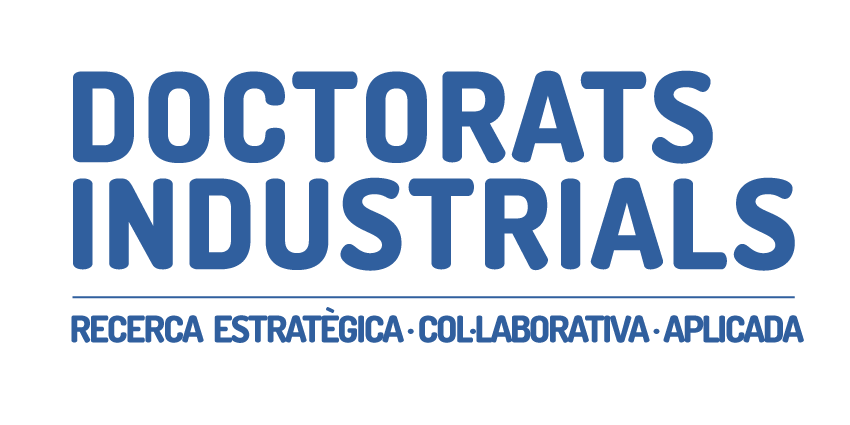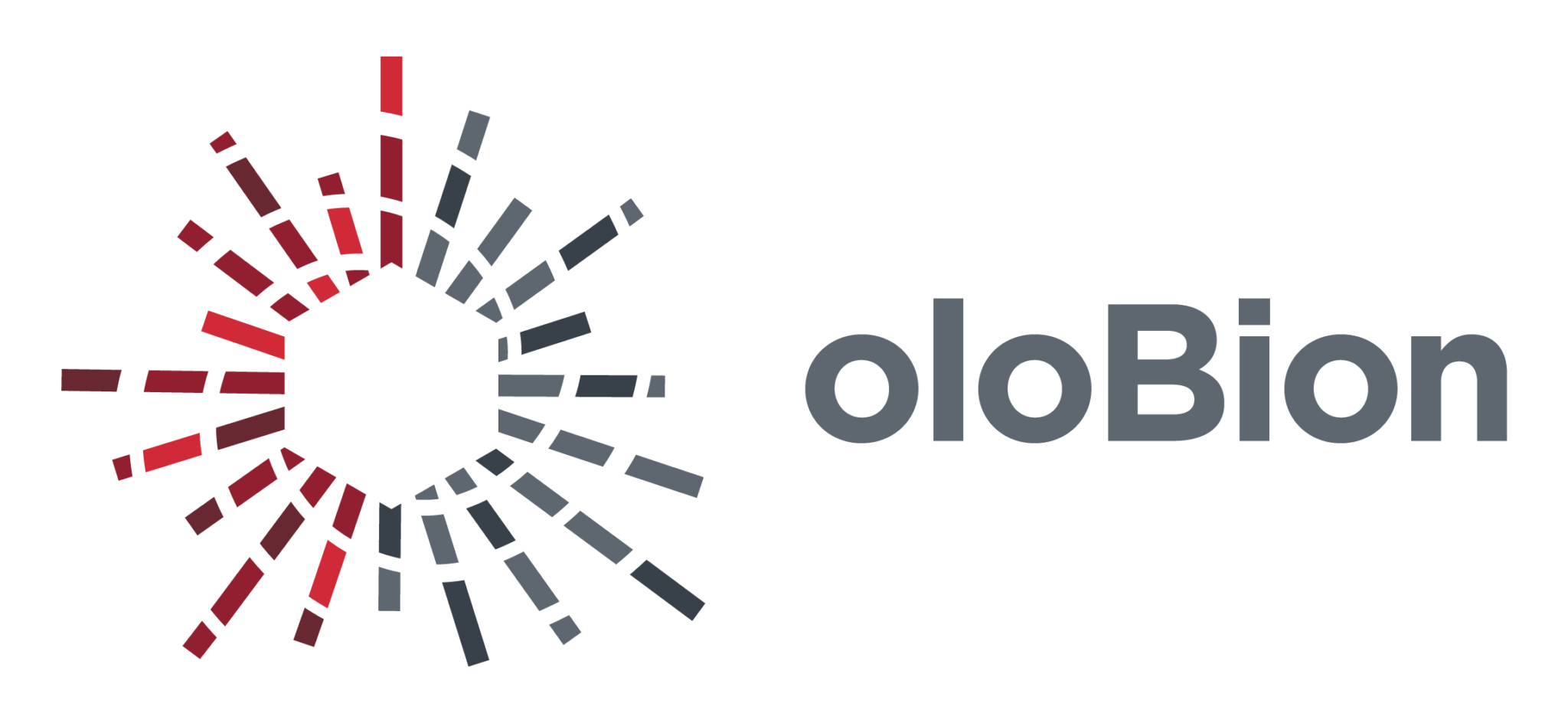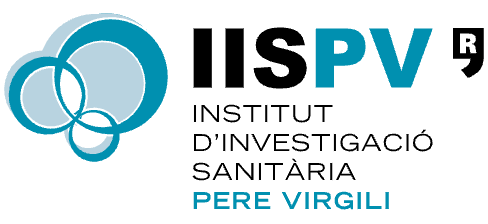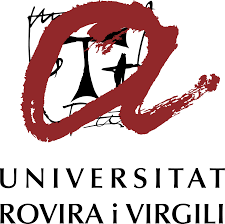Descripció del projecte
Clinical trials and preclinical studies are evolving from classical biometrics to the use of other scientific areas to enrich claim substantiation. Nowadays efficacy testing design must combine the classical biophysical measurements with the innovative techniques such as lipídomics. The use of lipidomic techniques in cosmetic field is increasing because can perfectly identify, quantify and map the relevant metabolites that can be related to the effect of specific cosmetic product on the skin. Metabolomic and lipidomic approaches based on mass spectrometry are characterized by their ability to distinguish and quantify thousands of metabolites simultaneously. However, these tasks can be complex, due to the diversity of the metabolites and lipids and the difficulty of their quantification within different combinations of items.
The purpose of the project is to develop a technology based on untargeted metabolomics and lipidomics to study the metabolites and lipids of the skin through a chromatography instrument liquid coupled to mass spectrometry and ionic mobility (HPLC-HRMS). The metabolomic and lipidomic analysis consists of four main experimental phases: Sample preparation, obtaining data using analytical methods, data analysis and compound identification and data mining and biological interpretation of the results.
So, the main objective of the project is the identification of potential biomarkers of skin cancer through the combination of metabolomic and lipidomic profiles, by non-invasive sampling. The end is to help the dermatologist make decisions in the early detection, diagnosis, and prognosis of tumors, in addition to avoiding the secondary effects of the biopsy. Moreover, the metabolic pathways of these biomarkers will help to find new therapeutic targets. The medical field urgently needs to identify clinically reliable and useful biomarkers to detect cancers in both early and metastatic stages. The results of this project will constitute the first global study that combines lipidomics, metabolomics and non-invasive sampling tools to detect skin cancer. In general terms, it will mean a new strategy to speed up the screening and diagnosis of various skin tumors. These studies have intrinsic biomedical and methodological value, since different approaches are proposed that combine analytical techniques (LC-MS) and omics tools to monitor and interpret the processes involved in skin tumors. By proposing new protocols that exploit adequate tools for multivariate analysis of data to extract the largest and most secure number of lipid and metabolite annotations as well as fusing metabolomics and lipidomics data to extract the maximum information about the processes of interest such as those that drive skin tumors and then applicating ionic mobility to separate the different conformations of some lipids and metabolites and prediction of collisional cross-sectional values for lipids with high precision.
The specific biological objectives of this project are dedicated to:
-To evaluate both the metabolomic and lipid pathways of potential biomarkers of skin cancer.
– Study and find new therapeutic targets as well as evaluating the biological effects of the alterations detected in metabolites and lipids on melanoma biopsy samples.
The first stage of the project will be the clinical trial definition, recruitment of volunteers, and sampling that will be carried out by a cosmetic company. Then, the candidate will start the lipidomic analysis of samples that will include lipid extraction and data analysis, using a method that oloBion developed previously and will be adapted to this project.
Finally, the data from lipidomic study and biophysical measurements will be analyzed together using multivariate statistics to correlate lipidomics with the potential biomarkers of healthy skin. With all this information, it is intended to generate a novel and comprehensive database of surface skin lipids and apply this knowledge to the understanding of skin diseases. In addition, the skin lipidomics database will provide valuable and complimentary information on the mode of action of skin active ingredients and formulations. These tasks will be carried out in collaboration with the Pere Virgili Institute for Health Research of Rovira i Virgili University. Moreover, the project Will count with the collaboration of both l’Hospital de Sant Joan de Reus and l’Hospital Clínic de Barcelona dermatologist which will oversee the dermic sample gathering in order to be analyzed.




